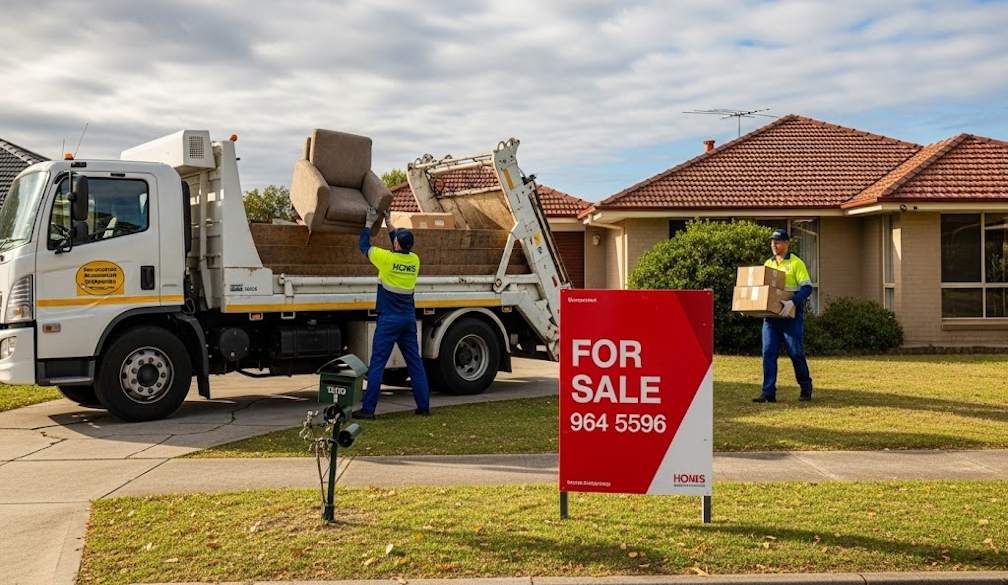Australian writing and publishing faces 'grinding austerity' as funding continues to decline
- Written by Ben Eltham, Lecturer, School of Media, Film and Journalism, Monash University

It was a grim federal budget for arts and culture on Tuesday night.
With the end of the Morrison government’s pandemic stimulus program for culture, the RISE fund, there will be a rapid withdrawal of federal support for cultural production.
Read more: Why arts and culture appear to be the big losers in this budget
The arts portfolio budget line will contract by 19%, or around A$190 million, this year. A number of funding programs and cultural institutions also have their funding cut in the budget’s forward projections. There are cuts to programs for regional arts, community broadcasting, contemporary music, Screen Australia and the National Library of Australia.
No love for literature
In such an austere environment, it should be no surprise there was no love for publishing or literature in the budget. There were no new announcements to support writing. Funding is slightly increasing for the Australia Council for the Arts and the crucial public lending right subsidy, which supports authors and publishers whose work is borrowed in libraries and schools. However, these small increases are well below inflation, forecast to run at 4.25% this year, so they amount to cuts in real terms.
The cuts to the National Library of Australia in the 2022 budget are quite significant. The Library goes from $61 million funding this year to just $47 million in 2025-26. The National Library is a critical foundation stone of Australia’s public sphere. It holds priceless artefacts, letters and records. It is required by law to collect every book published in Australia. It also supports valuable research infrastructure, such as its award-winning Trove database, which served 18 million browsers in 2021. These cuts will inevitably erode the Library’s capacity, and will probably result in job losses for librarians in future years.
But the treatment of the National Library is consistent with a history of ongoing neglect for written culture in Australia. When it comes to public funding, literature has long been the poor cousin of the arts.
Unlike the performing arts, which benefit from a dedicated funding stream inside the Australia Council, literature has enjoys very little federal support. In 2020-21, the Australia Council gave out just $4.7 million in grant funding to literature – 2.4% of the total funding pool last year. In contrast, the major performing arts organisations received $120 million.
Read more: Friday essay: why libraries can and must change
Declining funds for writing and publishing
Funding for writing and publishing is not just low: it’s also declining. In 2014, Australia Council funding for literature was $8.9 million, nearly double what it is this year. In that year, Get Reading!, a $1.6 million program (originally named Books Alive!) dedicated to promoting reading, especially among children, was abandoned. Industry observers point to the demise of the artform boards of the Australia Council after Gillard government reforms in 2013, which saw the agency’s specialist Literature Board wound up. There was no dedicated funding program for literature to replace it.
The federal lending rights schemes are important. They will distribute $23 million this year, a valuable subsidy for authors and publishers. But the program is slowly losing relevance as – astonishingly – it doesn’t cover electronic lending or e-book borrowing. The Australian Society of Authors and publishers want the scheme expanded to digital lending.
Policy neglect like this is a long-running problem for the literature sector. During the Coalition’s first term of government, then-Prime Minister Tony Abbott promised to set up a special body to support and fund Australian publishing, to be called the Book Council of Australia and given an initial budget of $6 million annually. But the new agency was never created. With the Book Council killed off in proposal stage, the promised funding for publishing never eventuated either, vanishing in a puff of smoke in the 2015 Mid-Year Economic and Fiscal Outlook.
In 2018, as part of the Turnbull government’s media reforms, Senate cross-benchers struck a deal to secure $60 million funding for regional publishers and media organisations. Of this, $16 million went to small regional media organisations under the Regional and Small Publishers Innovation Fund. Just like Get Reading, that fund has also finished up, and there has been no analogous program for Australian literary and non-fiction publishers.
Writers in dire difficulty
Arts Minister Paul Fletcher’s RISE fund has provided some assistance. There was some funding to publishers and booksellers, such as an innovative voucher scheme for Australian books. But RISE too will be wound up at the end of this financial year.
The result is a writing sector that faces grinding austerity. A recent survey of authors by the Australian Society of Authors found understandable pessimism among its members, which include some of Australia’s best known novelists, poets and non-fiction writers. “Our members feel very flat about funding,” ASA’s Olivia Lanchester told me in a message. “We are the lowest funded of the major art forms through the Australia Council despite high participation rates in reading.”
The penurious circumstances of Australian writers was graphically highlighted in late 2020, in testimony to the House of Representatives from prominent Australian novelists Charlotte Wood and Christos Tsiolkas.
Wood told a House of Representatives inquiry into Australia’s cultural sector that “writers themselves are in absolutely dire economic difficulty”. She cited figures that literary writers’ annual income from their books was just $4,000 a year. “That work is piecemeal, freelance, poorly paid and very unstable.” Wood pointed out that “COVID is destroying the livelihoods of writers in many ways” and explained that the pandemic was “eviscerating three major income streams for writers outside their books, which are public speaking, university teaching and freelance writing.”
Tsiolkas told the inquiry that younger writers he had recently spent time with faced “real life desperate situations – how they’ll pay their rent and how they’re going to look after their young children”.
Read more: Gail Jones: Australian literature is chronically underfunded — here's how to help it flourish
Australia doesn’t need to treat its readers and writers like this. We are a rich nation with a half-trillion dollar federal budget. Even a dramatic increase in funding, for all aspects of Australian culture, would be a rounding error in the context of other budget priorities, like nuclear submarines or the “stage 3” income tax cuts coming in 2024.
Australian writing is tremendously popular. Australian stories are central to the way we understand ourselves as citizens and a nation. Books by Australian authors sell well, as anyone who has been to a Trent Dalton bookstore event can attest. Australia Council data tells us that 72% of the population reads regularly for pleasure. More than four million Australians visited a writers festival or literary event in 2019.
Like other artforms in this country, literature has struggled to make itself heard among the cacophony of special interests in Canberra. But literature is not a special interest: it is a constituent component of our national identity, and a deep source of enjoyment for millions of citizens. Storytelling is a fundamental aspect of what it means to be human. If anyone should be able to understand that, it is our politicians.
Authors: Ben Eltham, Lecturer, School of Media, Film and Journalism, Monash University


















